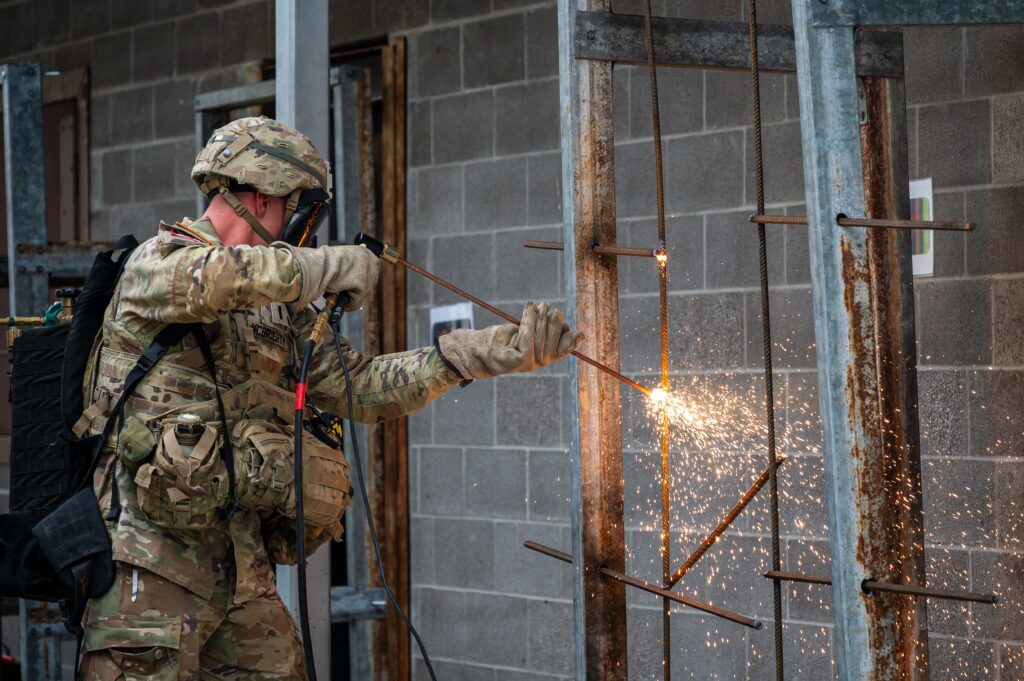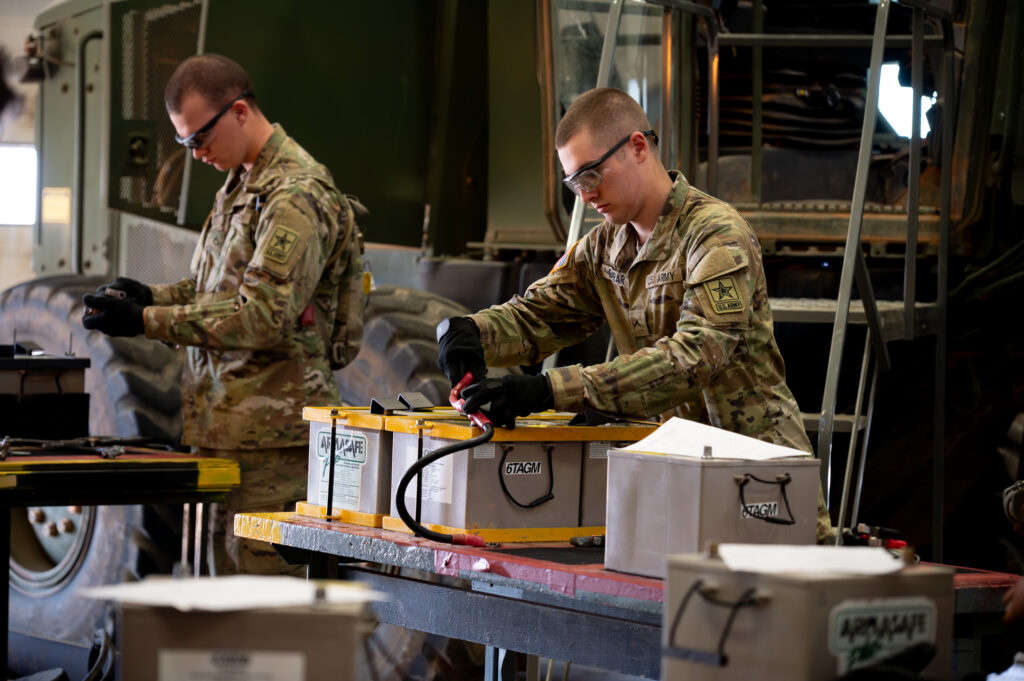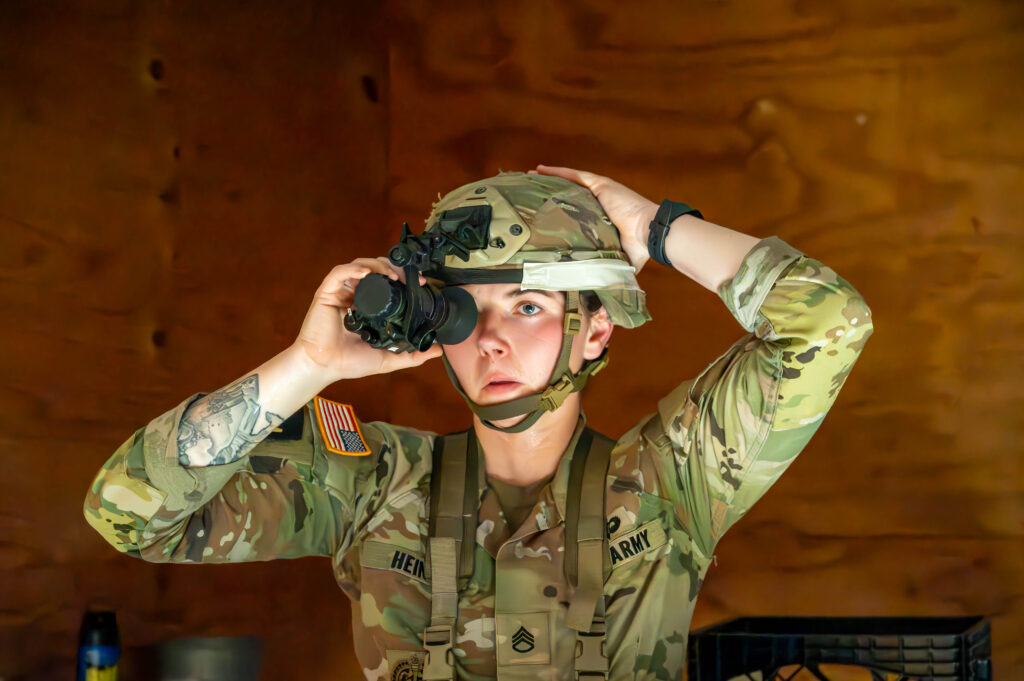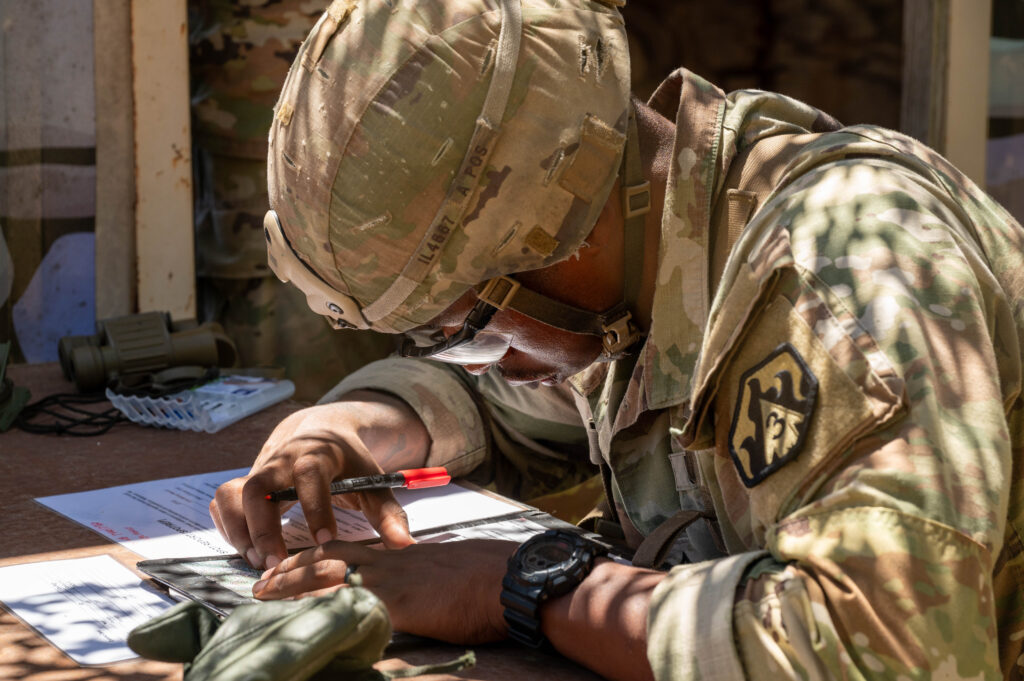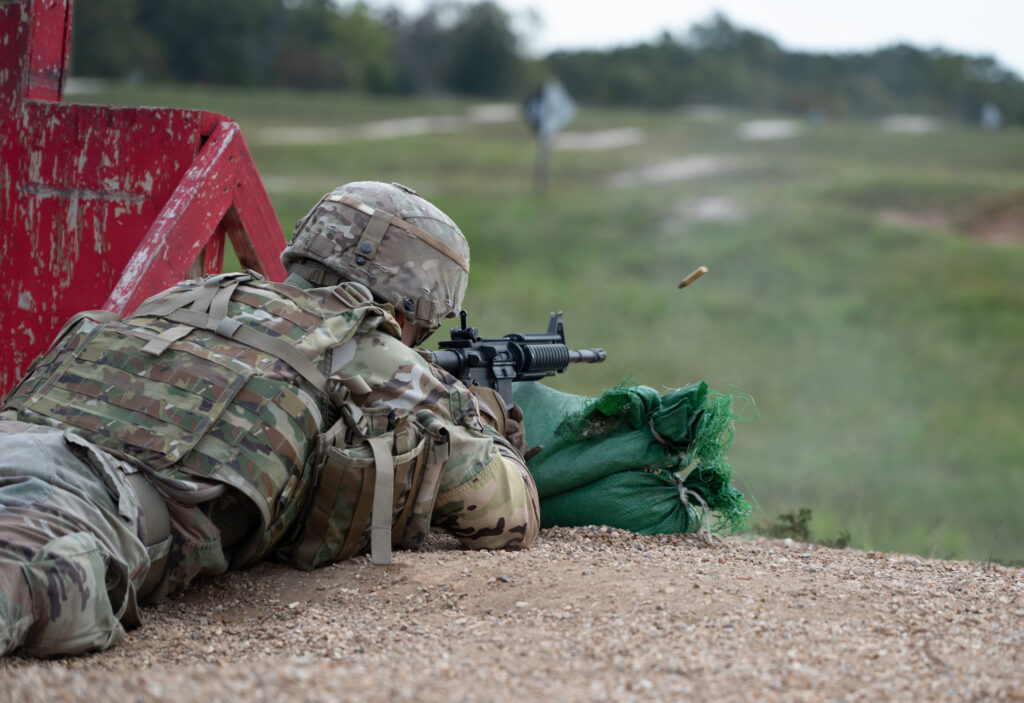Brian Hill
FORT LEONARD WOOD, Mo. (Oct. 9, 2020) — It’s something patients probably aren’t thinking about as they walk into General Leonard Wood Army Community Hospital or one of Fort Leonard Wood’s dental clinics, but it’s arguably one of the most important elements to Army medicine — instrument sterilization.
The technicians who perform this task every day help to ensure patient safety, and the week of Oct. 11 through 17 is designated Sterile Processing Week to recognize their efforts.
“Sterile Processing Technicians are behind the scenes in the medical and dental community, but we’re also a very crucial part of eliminating infections,” said Shirley Caracci, one of two technicians at Boak Dental Clinic. “This job requires passion, dedication, patience and precision to ensure the safety and well-being of all patients and staff.”
Caracci said patients are at risk of infections from dirty instruments used during any type of medical procedure, and the consequences can be disastrous for not only the patient, but the entire staff and the organization.
“Knowing that I play a huge role in infection prevention is very important to me,” she said.
Pamula Wilson works in GLWACH’s Sterile Processing Department. She said it’s the best job she’s ever had because she knows she makes a difference every day.
“I have so many people who count on me to do a good job,” she said. “I believe everyone who brings me their instruments to be processed has a feeling of assurance — that whatever comes up, I will do my best to make it right because I care.”
Wilson said she works with multiple clinics as well as directly with the operating rooms to clean and ensure all instrumentation is in good working condition — and available for pick up the very next day.
“It’s exciting, tense and overwhelming — you never know what kind of day you are going to have,” she said.
Once instrumentation comes down to decontamination, Wilson said she manually cleans the instruments, then places them in an ultrasonic machine, which uses waves of acoustic energy to disrupt the bonds that hold particulate matter to surfaces. After the ultrasonic, they go through a washer, followed by a check for defects, rust or debris that may have gotten through.
“We have a protein check that we also do because they can’t be seen by the naked eye,” she added. “Even though the sterilizer kills all forms of bacteria, it is worth the peace of mind you get knowing that you have done everything in your power to make patients safe.”
Wilson said most people who visit GLWACH don’t realize her department is “the hub of the facility.”
“From everything that comes into our department to everything that goes out, we are highly depended on,” she said. “We are here to take in soiled instruments and make them new again. We want our clients to feel confidence, knowing that we care for them and their patients.”
Technician Sheila Simpson at Roll Dental Clinic said she enjoys seeing “patients leave the clinic with a smile.”
“My job is extremely important, and without me doing it properly, our dental staff could not safely perform,” she said. “It gives me pride to know that I am here to help our Soldiers. In the dental field, everything begins and ends in the sterilization rooms — it’s imperative to the safety of patients and employees.”
Caracci called the sterile processing responsibilities “demanding at times.”
“The work environment is fast-paced, innovative and constantly changing — it’s never dull,” she said. “Because of this, I enjoy participating in continuing education courses to enhance my knowledge in sterile processing.”
Caracci was the catalyst for the signing in September of a proclamation by Missouri Governor Michael Parson declaring Sterile Processing Week statewide. She sent the request for the governor’s consideration.
“I thought it was important,” she said. “Proclamations honor organizations, highlight issues and causes and celebrate milestones — I felt like our work fit that criteria.”
“Sterile Processing Week recognizes the contribution Sterile Processing Technicians make to patient safety,” Parson said in his proclamation. “(They) play an important role in patient care arenas and are responsible for first-line processes to prevent patient infections.”

-30-
About Fort Leonard Wood
Fort Leonard Wood is a thriving and prosperous installation that has evolved from a small basic training post more than 75 years ago to a premier Army Center of Excellence that trains more than 80,000 military and civilians each year.
Fort Leonard Wood is home to the U.S Army Maneuver Support Center of Excellence and three U.S. Army schools: the U.S. Army Engineer School; U.S. Army Chemical, Biological, Radiological and Nuclear School; and the U.S. Army Military Police School. In addition to training engineer, CBRN and military police specialties for the Army, Fort Leonard Wood also provides gender-integrated in-processing and Basic Combat Training for new Soldiers.
Fort Leonard Wood also hosts and trains with the largest Marine Corps Detachment and Air Force Squadron on any Army installation as well as a large Navy construction detachment.
More information about Fort Leonard Wood is at: https://home.army.mil/wood/index.php/about/mission


